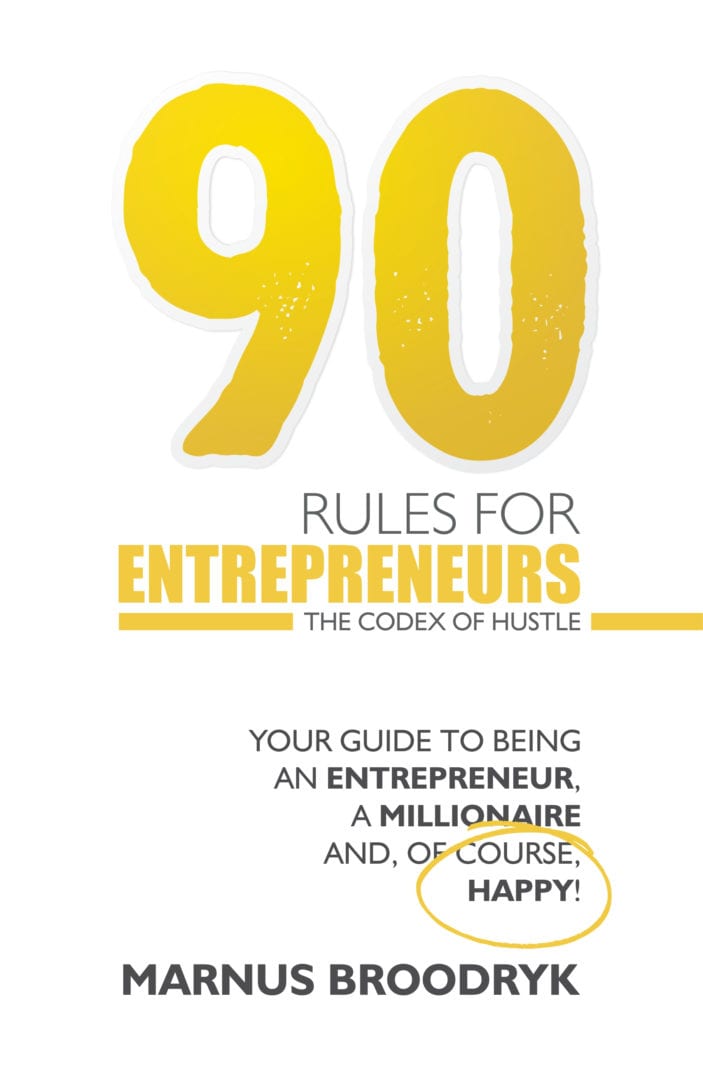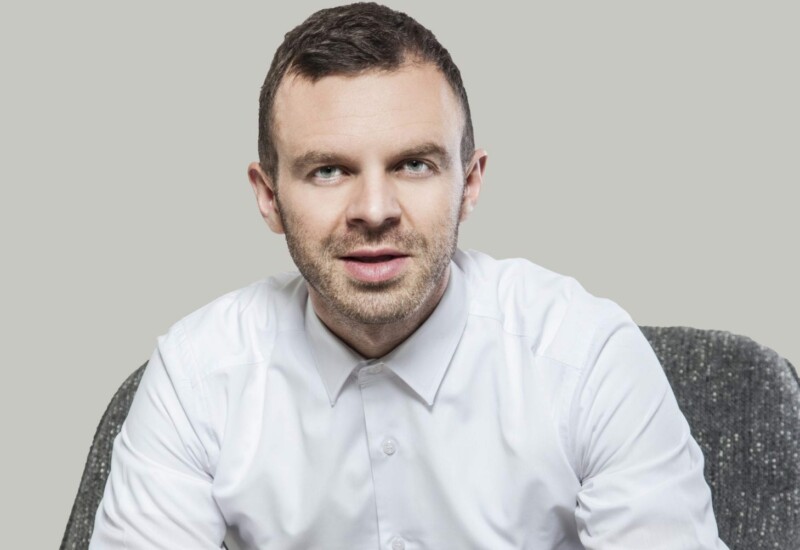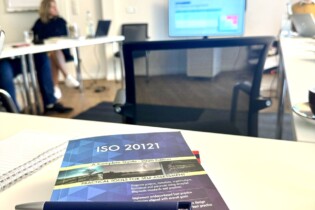Marnus Broodryk is an entrepreneur, author, investor, speaker and SME advocate. He recently released his first book “90 Rules for Entrepreneurs; The Codex of Hustle” and spoke to Meetings to weigh in on small businesses within the MICE Industry who might be going through some tough times in our current economic climate.
 What do you think is the biggest mistake small business owner make?
What do you think is the biggest mistake small business owner make?
One of the biggest mistakes we’ve all made is being too operational. We all know that entrepreneurs need to work more ON their businesses than IN their businesses, but I want to take it a step further: I think entrepreneurs should not work in their businesses at all. Start it, figure it out and understand it. Then document it, automate it and then employ the right people to drive it for you. These people, properly trained, will be your eyes, ears and hands working within the business while you’re out expanding it. (Rule 53 in book)
It’s the only way to grow something bigger.
What are the elements that a business should NEVER compromise on or cut, even if the business is not doing too good?
 Put simply, don’t get involved in anything illegal, don’t do anything that is ethically questionable and always pay your debts. Don’t take short cuts. At the start it might be appealing to get caught up in the next big thing, but it’s often ‘big’ because there is something dodgy about it. Be careful. Getting business by paying bribes or becoming the next tenderpreneur might be momentarily lucrative, but never pays off in the long run. Do you want to be a thief or an entrepreneur? Steal money, or create wealth? It may be morally arguable to use pirated software or tweak your profits so you keep more for yourself; after all, isn’t that how all small businesses do it? By taking short cuts? No, it isn’t. And you’re getting yourself entangled in a net you may not be able to get out of one day … (Rule 17 in book) Don’t take short cuts. It never works in the long run.
Put simply, don’t get involved in anything illegal, don’t do anything that is ethically questionable and always pay your debts. Don’t take short cuts. At the start it might be appealing to get caught up in the next big thing, but it’s often ‘big’ because there is something dodgy about it. Be careful. Getting business by paying bribes or becoming the next tenderpreneur might be momentarily lucrative, but never pays off in the long run. Do you want to be a thief or an entrepreneur? Steal money, or create wealth? It may be morally arguable to use pirated software or tweak your profits so you keep more for yourself; after all, isn’t that how all small businesses do it? By taking short cuts? No, it isn’t. And you’re getting yourself entangled in a net you may not be able to get out of one day … (Rule 17 in book) Don’t take short cuts. It never works in the long run.
Being in the MICE industry means occasionally working on a project basis, what can small business owners can do to make sure they stay afloat?
Every day in business is like climbing a mountain. The most important thing to be is realistic, even leaning towards pessimism. Expect things to be worse than you imagined and be prepared. Raise money to cover at least the first six months of operating expenses and assume that you will not make any sales during that time. If you do, see it as a bonus and a buffer for the next six months. (Rule 15 in book)
Save up!
What do you believe is the key to success?
Having a positive mindset! When entrepreneurs look at challenges as opportunities that is what they will see and experience. They will see a chance for success where others are seeing only the negatives. When the country is downgraded to junk status, or the economy is growing at 0 per cent, entrepreneurs with the right mindset will see those opportunities for what they are and will thrive when others are going bust.
You can’t control many things, but you can control your own thoughts. And thoughts will become things. As an entrepreneur, how you decide to see the world will dictate how you experience it and, therefore, whether or not you succeed in it. (Rule 9)
You’ve been to hundreds of events, what are the elements that you identify as crucial to the success of an event?
People come to events not for you but for them. They want to leave feeling that it was worth their time and money. Stop focusing on what you want to get out of it and try and add as much value to your attendees. If you succeed in doing that, you will have a supporter for life and a successful event.







